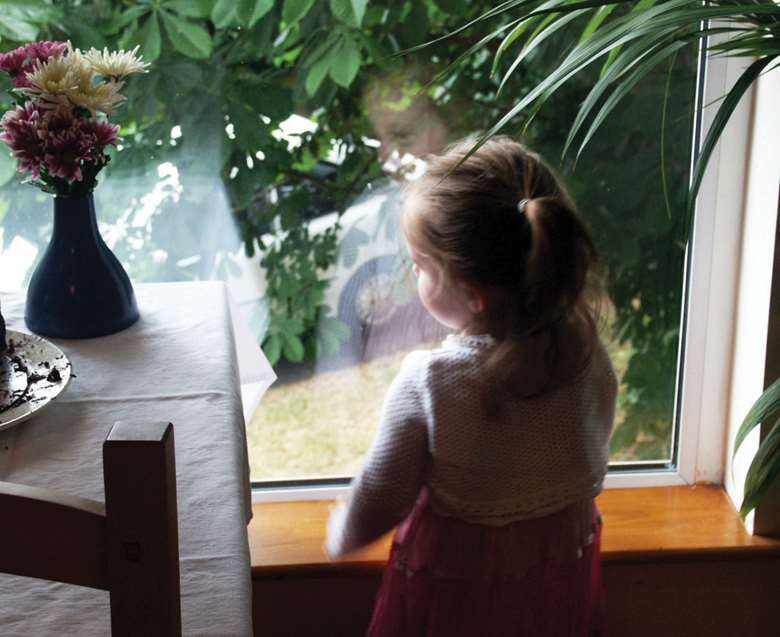Children's services leaders question usefulness of abuse and neglect guidance
Joe Lepper
Friday, April 28, 2017
Proposed national guidance for children's professionals on tackling child abuse and neglect is "too long", and is unlikely to have a significant impact on practice, directors of children's services have warned.

The Association of Directors of Children's Services (ADCS) has highlighted a number of concerns with the draft National Institute of Clinical Excellence (Nice) guidance, which the Department for Education and Department of Health want all professionals working with children to use from September.
It said that, at 581 pages, plus several supporting annexes, the guidance is "too long", while specific advice on identifying child neglect is "too simplistic" and fails to take into account wider factors such as poor housing that can impact on family life.
"Some of the behavioural indicators of neglect seem overly simplistic and leave little room for the consideration of factors outside of the parent/carer's immediate control, for example poor-quality housing, insecure employment and benefit sanctions," the ADCS's response to a consultation on the guidance states.
Advice on the links between sexual abuse and emotional or behavioural problems was also called into question by the ADCS for ignoring male victims.
"It is unclear why the guidelines refer only to girls who have been sexually abused and who are showing signs of emotional or behavioural disturbance," the responses states.
"A 2014 study by Barnardo's suggested that 33 per cent of referrals to [child sexual exploitation services] involved boys and young men."
Nice was tasked by the DfE and DH in 2014 with producing guidelines on abuse and neglect for all professionals working with children and young people across schools and early years, social care, medical centres and custodial settings.
It encompasses physical, emotional and sexual abuse, including sexual exploitation, child trafficking and forced marriage, as well as neglect. But the ADCS said the remit is too wide.
"Given the scope, size and complexity of the topic, this group of practitioners is plainly too broad," the response states.
"Even within the remit of children's services, the needs of the workforce differ greatly depending on levels of contact with children and the significance within individual roles of work with those who have been abused and/or neglected.
"While advice on recognition is applicable to all practitioners, information on assessment is only relevant to those with more specialist roles. These guidelines would be more user-friendly if organised to reflect these differences and/or broken down into a series of 'bite sized' guides."
The ADCS added that there is too much focus on evidence from the US but little detail on UK-based guidance and evidence, in particular the Department for Education's Working Together document.
"Sadly, the draft guidelines are not well grounded in the significant amount of guidance and good practice advice that already exists in this highly-contested area of policy and practice," the response states.
"More could, and should, be done to build on sources practitioners are familiar with, most notably Working Together.
"It is obvious that a great deal of work has gone into producing this guideline, however, in its current form, it is difficult to see how it can have a significant impact on practice."
The draft guidance, which was published in February, suggests that social workers should consider home visits for at least six months if there are suspicions that a child is being abused or neglected.
It also outlines a range of indicators that professionals should consider as potential signs of abuse including excessive "clinginess", recurrent nightmares, low self-esteem and frequent rage at minor provocations.




